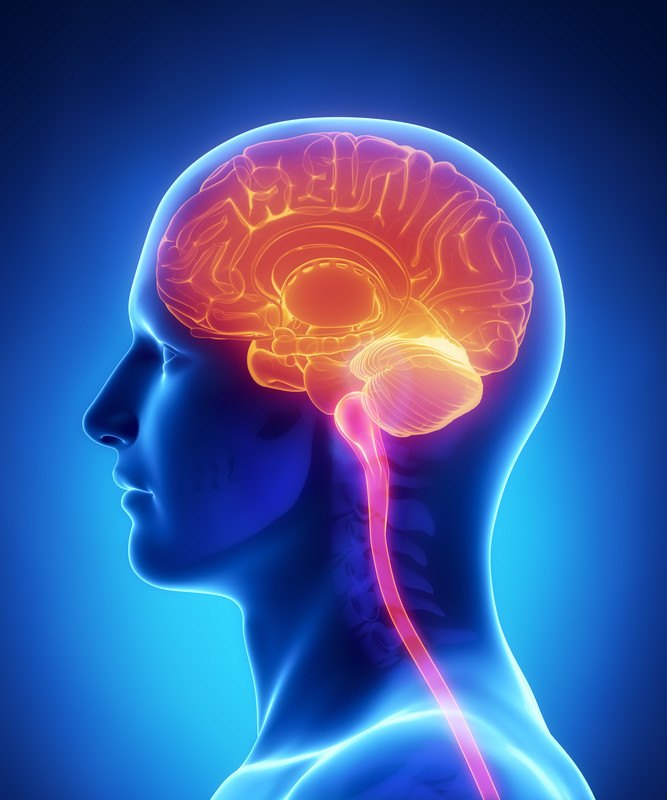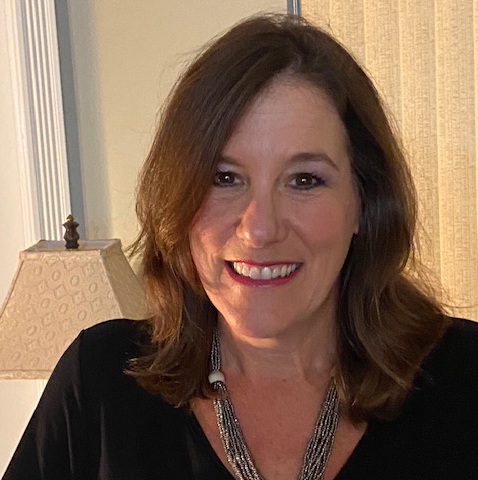Has Your Husband Had a
Stroke or Brain Injury?
Have you lost the support of family and friends?
Do you feel disconnected, lonely, and overwhelmed?
Does your husband become nasty and verbally abusive?
Do you feel that your husband is no longer the man you married?
Rebuild and Reconnect
When a partner suffers a TBI such as a stroke the foundation of their marriage can be challenged suddenly and in a way they did not expect. The unexpected change can shattered the foundation of their relationship, forcing them to reevaluate and rebuild their lives.
Trauma often changes how the couple communicate. He is not the man I married!
A frequent statement we hear from Carers is ‘They are not the person I married’.
Because the foundation of their relationship has been shattered, couples need to return to square one to rebuild and reconnect with one another and life.
OUR MISSION: To give Caregivers the communication tools they need to reconnect with one another and to life.
One support service for stroke survivors and carers said… ‘You could hear what the callers wanted and, more often than not, they simply wanted to be heard.’
…more often than not, they simply wanted to be heard.
And that brings us to Deep Listening.
Diana Raab, Ph.D. writes, It’s been said that one of the most common reasons why people see therapists is to have their stories heard.. Not just heard, but deeply heard. Understood. Cared about.
And deep listening is more than active listening. Deep listeners are focused on understanding and empathizing with what their audience is communicating. They know when to ask deep questions that further the conversation, and when to sit back and listen without their own ego trying to insert itself.
Survivors and Carers Need to be Deeply Heard!
‘Reconnect to Life Program’ has three pillars.
Why the brain makes
it hard to listen deeply
Tools demonstrate how
to Listen Deeply
Learning from the experiences of other survivors and caregivers
Why is it so hard to listen deeply?
Our brains are amazing.
But this amazing power must be understood and tamed if we are going to learning how to Listen Deeply.
News readers speak at around 120 words per minute but the viewer can process between 400 to 800 words per minute. This difference between speaking and processing speed is called Lag-time.
This becomes critical for Survivors and their Caregivers because the survivors processing speed may be less than the 400 wpm yet the ability to actually make sense of and remember what is being said may be compromised.
And then there is the issue of converting those thoughts ideas into words so you can get your message across.
It could well be that that the survivors brain is thinking at much the same speed, but
The problem is compounded
And this issue is made worse because the caregiver can find this slower delivery extremely frustrating. The Caregiver has not suffered a brain injury and is still processing the words they hear between 400-800 hundred words a minute,
The temptation to complete thoughts for the survivor frustrates the survivor and a cycle of frustration can quickly escalate into argument and feelings of being worthless.
This is why deep listening is crucial to the ongoing relationship and the ability to reconnect to one another and life.
Can Deep listening be learned and practiced? Yes!
Deep listening is more than active listening.
Deep listeners are focused on understanding and empathizing with what their audience is communicating. They know when to ask deep questions that further the conversation, and when to sit back and listen without their own ego trying to insert itself.
While I’d always thought of myself as a good listener, I was formally introduced to deep listening a decade ago when I took a job as a counselor on a crisis hotline. Not being able to visually see our clients in crisis (we received calls nationally and internationally), we counselors needed to develop the deep listening skills that allowed us to hear every detail the client was saying—and, equally important, what they were not saying—what they were leaving out and what could be inferred from the pauses, gaps, and sighs. Brad Waters – “Deep Listening” Changed My Life and My Love
The value of deep listening
I was enjoying a coffee with a friend I noticed similar words kept popping up in his conversation that suggested that he was stuck.
I asked a carefully constructed question which surprised him. He thought about and then I could see the penny drop as a huge smile spread across his face.
It’s my career. I don’t know if I want to stay in the same job for the next 20 years. ‘
- Your brain is the biggest block to deep listening. To help the recovery process, Carer’s need to retrain how they use the power of their brain efficiently.
- Who am I now? Survivors often lose their sense identity. They can feel unworthy, lost, irrelevant, not worthy. Deep listening lets the know there is hope.
- They are not the person I married. The Carers life has also been turned upside down and they need someone to ‘Listen Deeply’ to them. They must be able to tell their story without being offered solutions or being judged.
- The ‘Reconnect to Life Program’ shows you how to listen deeply. We provide information that explains why communication breaks down and the tools to show how to avoid and the Peer support that will help Carer and Survivor to reconnect with one another and with life.
The Foundation of the Relationship has Been Challenged…
Every human wants their life to mean something. Learning to Listen Deeply helps couples to rebuild the bedrock, the foundation that has supported their relationship.
There is plenty of advice as to what you need or must do but very little on how you can do it.
‘Reconnect to Life Program’ solves that issue by providing…
- 1Information that gives you the background on relationships together with some easy to follow visual guides to help as you rebuild the foundation or your relationship.
- 2Practical communication tools that move you from a just a listener to an empathetic deep listener.
- 3Peer Support. Reflection, Practice and experiencing the tools enable you to apply the new knowledge in your daily life immediately.
- 4Learn from your peers. Fellow Survivors and Carers share their stories so you can learn what worked for them and what didn’t.
- 5 How to use the tools. We apply the tools to the real situations sent in from Carers and Survivors to show you how you can use them to help you reduce frustration and anxiety.
What About Ongoing Support?
Ongoing support is available by joining our Facebook Group or our monthly live sessions for sharing and Q&A. We have special guest interviews with other survivors, caregivers and medical professionals and other helpful links.
Now there is real help for
TBI Survivors and Carers with the
“Reconnect to Life Program”
Now it’s time to be very specific. Talk about your product, what it is, what your customer gets when they purchase. At this point, after all the buildup, your readers really want to know what you have to offer, so don’t hold back.
Show a Product Image: It’s always a good idea to visualize your product. Even if it’s a digital product or a service, find some way to make it tangible – with an image.
- 1Brain injury challenges even the strongest relationship often forcing a return to basics as they rebuild and reconnect to life.
- 2Reconnect to Life: Effective communication between Survivor and Carer is critical
- 3Humans need to feel valued and Deep Listening is how to give life meaning and purpose for Survivors and Carers.
See what our Survivors and Carers have to say:
How the ‘Connect to Life Program’ has helped other Survivors and Carers…
Caregivers suffer trauma too!
From the moment my husband collapsed, the trip to the hospital, and then the hours, days, and weeks of hospital visits, all while I was filled with the fear of the unknown.To reduce the stress on my husband, I had to put my fears, uncertainties and feelings aside and put on a brave face.In a flash my world as I knew it collapsed and the life my husband and I had lived was gone forever. I love my husband but it was tough. For years, like my husband, I experienced isolation, loneliness, and depression. I didn’t have a life.
But then I discovered the ‘Reconnect to Life Program’ and that has made a huge difference for both my husband and me. We still have fights but we’re learning better ways to deal with issues. Sally – Caregiver
Brenda
Caregiver
Larry
Survivor
Larry: “It helped me to step back in [to life] and have a better situation yes.”
Join our Free Introduction Session!
Click here to book a date
You will never be able to listen the same again!
Before you have completed the course we Guarantee that you will never be able to listen in the same way again.
The three following questions haunted me for years.
- Who was I before?
- Have I changed? How?
- Who am I now?
These questions frightened me but the insights I have gained from the Reconnect to Life Program is changing my life. My wife and I are communicating a lot better and now we have strategies to that when we use them reduce the destructive cycle that leads to upsets and fights. Fred – Stroke survivor.
Do you enjoy Living On A Rollercoaster?
I woke up this morning feeling great. How quickly that can change.
I drove my wife to a massage appointment. It was wonderful spending a morning together. However, while waiting for her, I received a text that I didn’t fully understand. It worried me because I felt this information could hurt me. One minute I was flying high and the next plunging down into down a very dark hole.
When I picked up my wife from her massage appointment, she realized that I was in a terrible mood. She thought that she had caused my lousy mood.
What had been an excellent start to the day had turned sour.
We described the incident in an email to Alan from Reconnect to Life Program. He broke the incident into 6 parts explaining how particular communication tools could be used to reduce upsetting situations.
We applied the tools and now, after all these years, we have a strategy that works. We have been able to reduce unpleasant conflict situations and, when they do happen we recover quickly.
Get off the rollercoaster – join the Reconnect to Life Program. Communication techniques that work for survivors and caregivers.
Reconnect to life Program gives you the chance to see for yourselves. Join one of our complimentary sessions to get a feel for what we’re about and listen to other survivors and carers as they tell their stories.
Join Your Free, No Risk, Session Today!
Click here and select a time that suits you..
![]()
“It’s not the differences between partners that cause problems, but how the differences are handled when they arise.” Dr David S Kantra
P.S.: Welcome to the post script section of the page. You can have one or several of these. This part is all about loss aversion. Here is where you can remind your reader that if they don’t jump on this opportunity right now they will be missing out.
Copyright 2022, Reconnect to Life Program – Disclaimer





